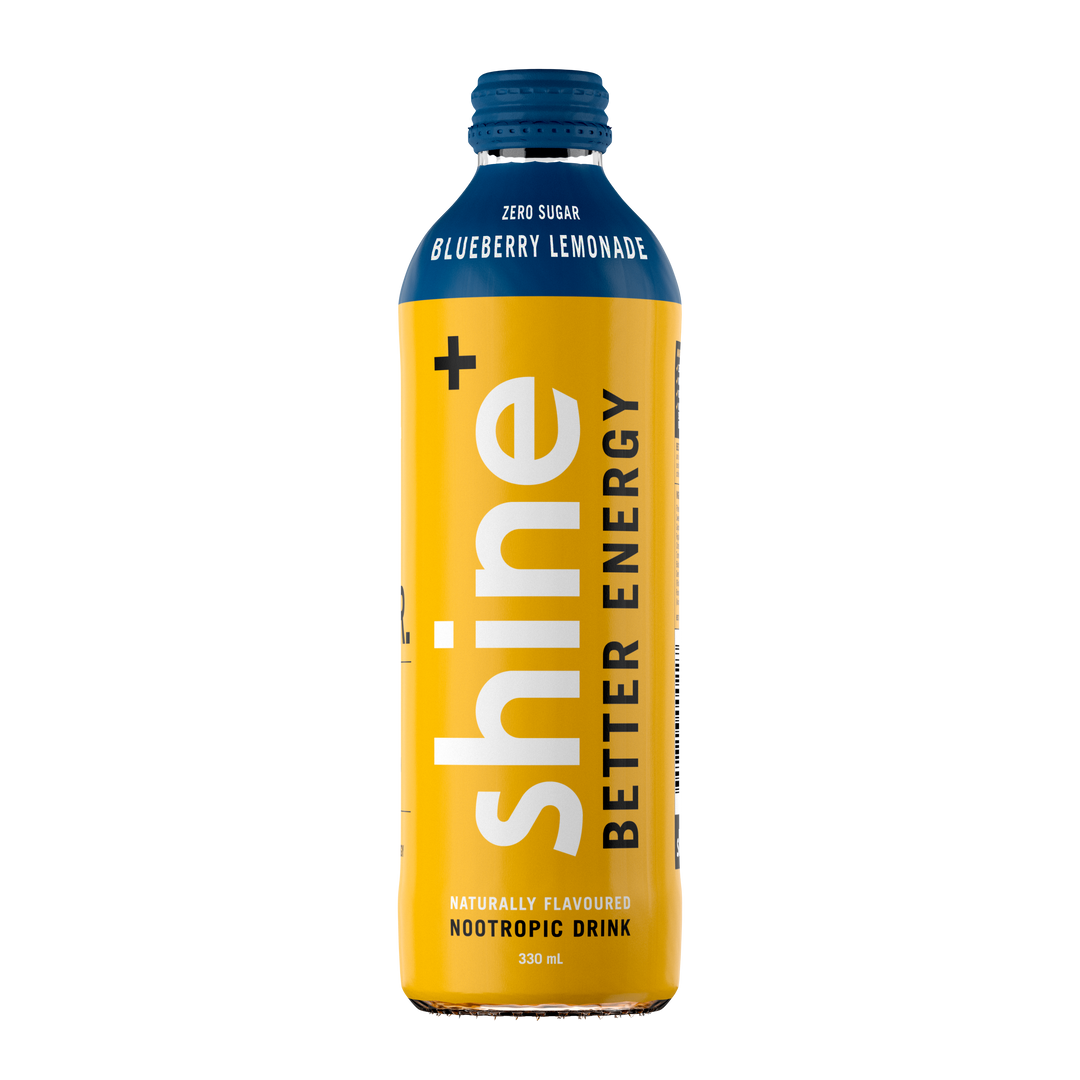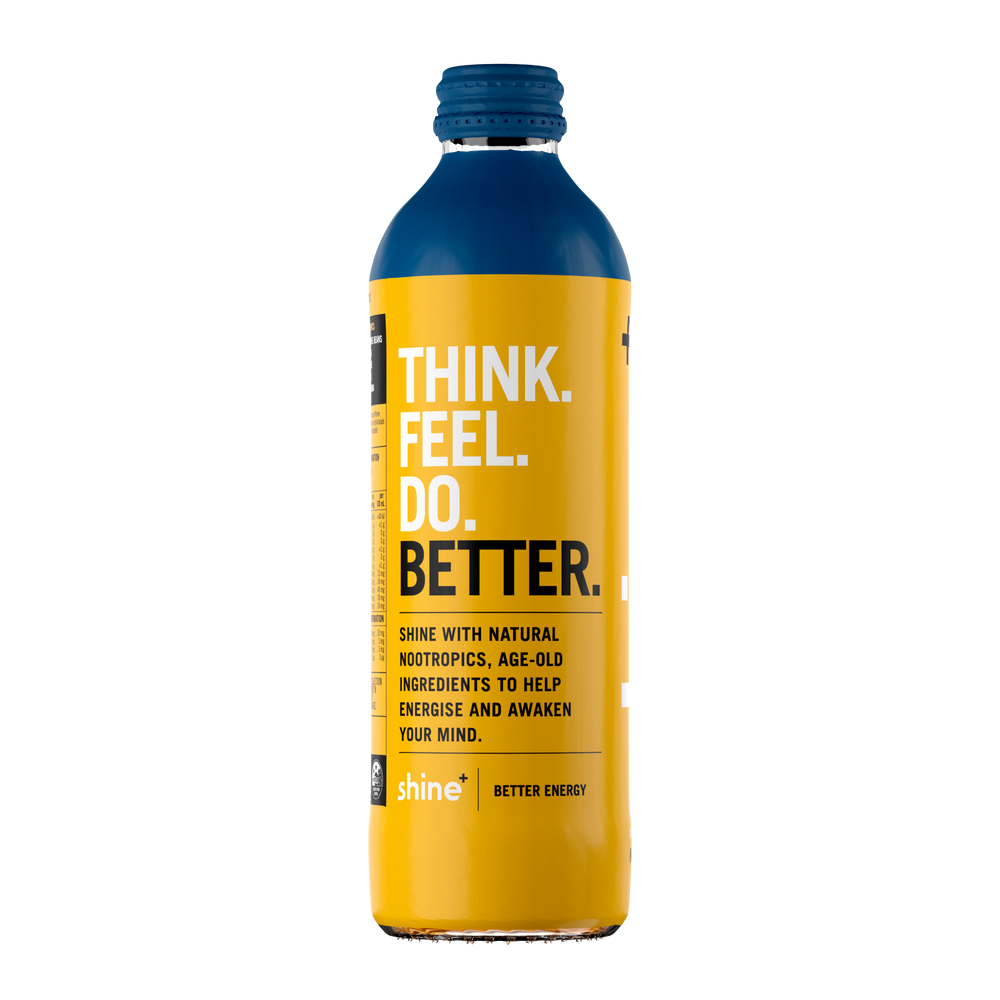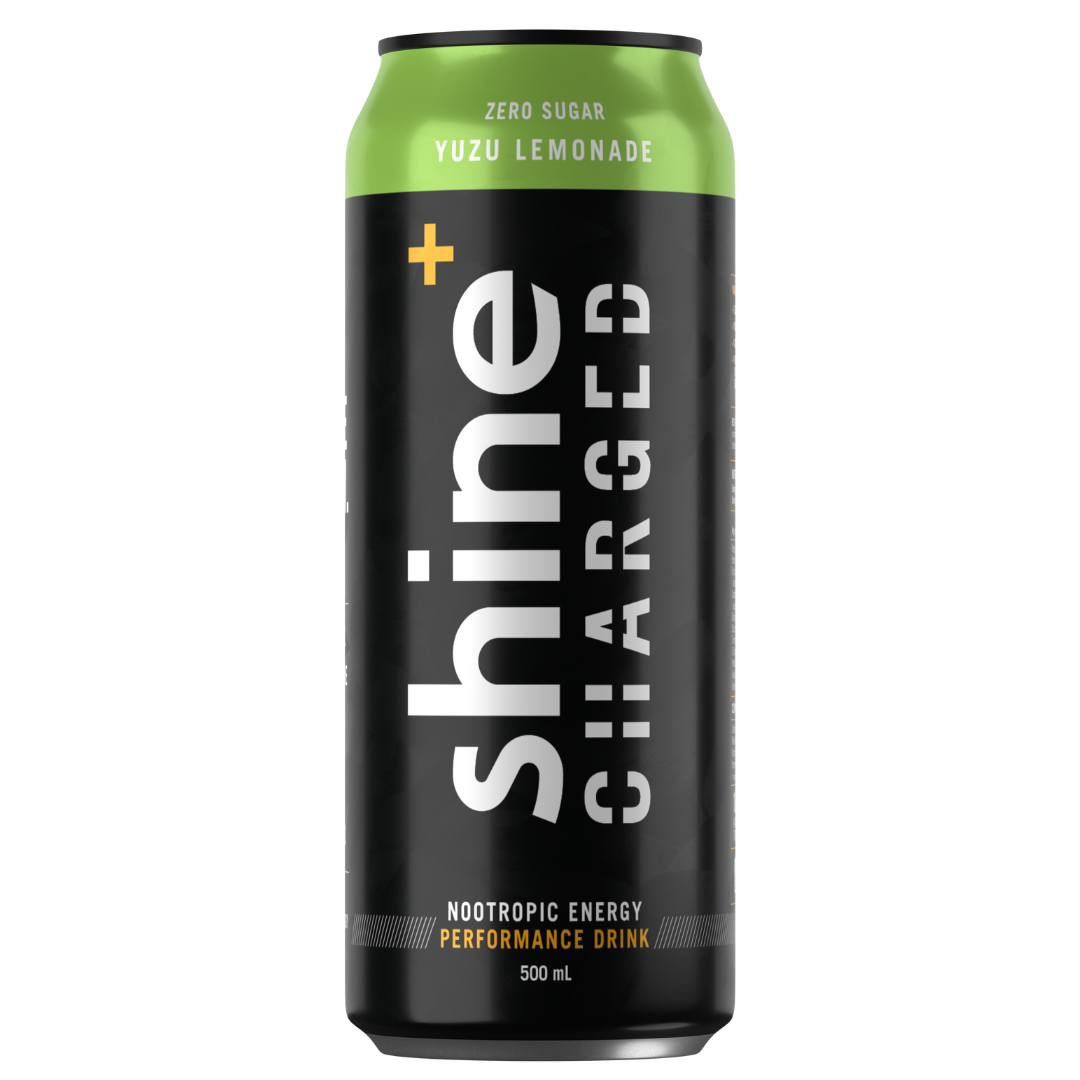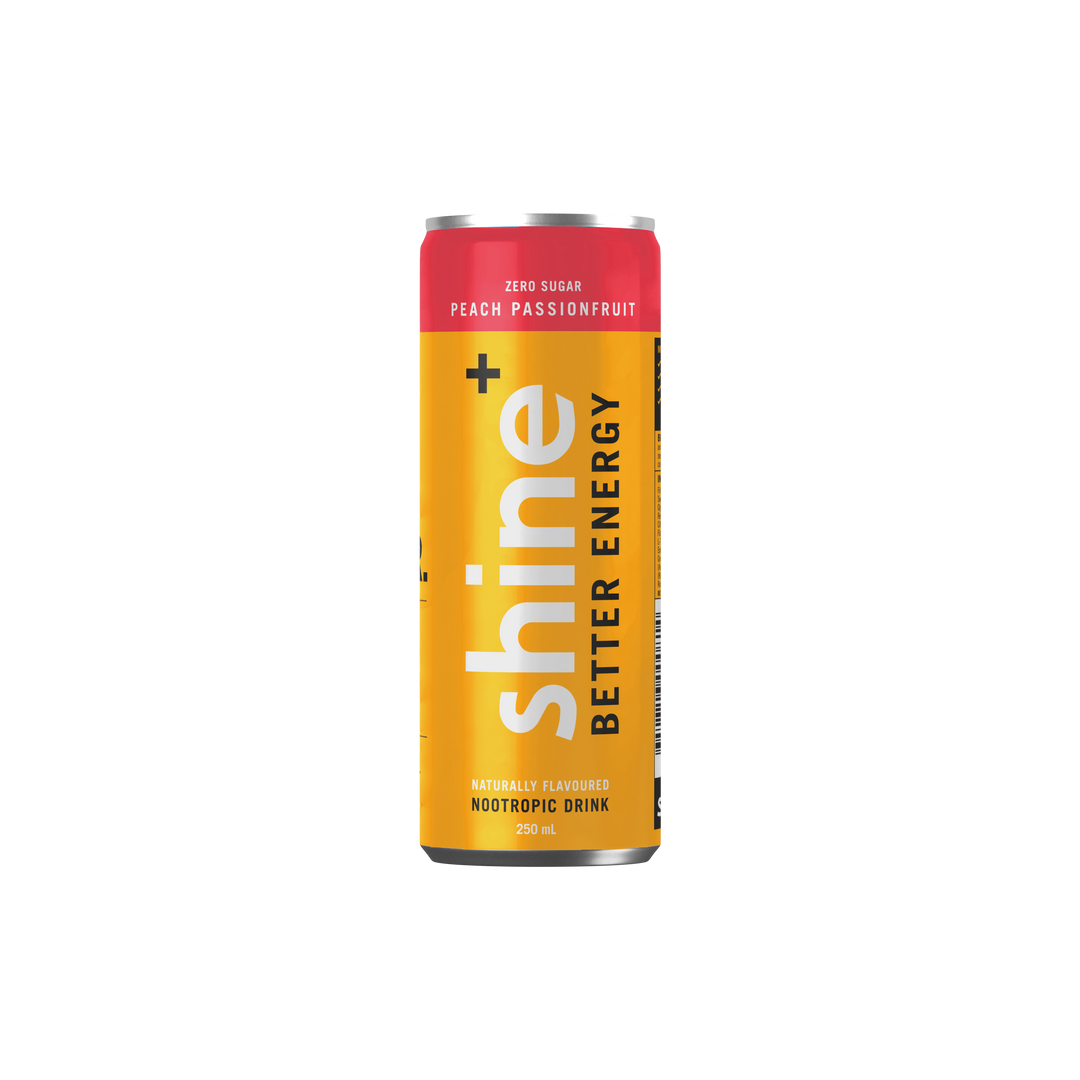EVERYTHING YOU NEED TO KNOW ABOUT GINKGO BILOBA
We at shine+ have worked tirelessly to create the best product, one made of the most effective ingredients and combinations to ensure that we deliver on our promises of enhanced focus, memory, and energy. The inclusion of Ginkgo biloba in shine+ is part of that promise.
A storied history
Did you know that Ginkgo biloba is one of the oldest plants in existence on Earth? It is so old that scientists and researchers have even gone as far to describe the plant as a ‘living fossil’ (McKenna et al. 2001). Ginkgo biloba is found on giant ginkgo trees native to China, and have played a part in Chinese history as being a source of both food and traditional medicine. Although it was used for “pharmaceutical purposes” in Germany in 1965, it wasn’t distributed to the public until 1974 when it was "registered for human use" in France (Isah 2015).
Gingko biloba, in the medical sense, often refers to the leaves of the gingko tree on which they are grown - but the term can also be used to describe the tree itself. While ginkgo trees are commonly cultivated in China, they have also been found in various Asian and European countries, such as Japan and Belgium. Fossil findings suggest the tree was once located all over the world, but has slowly narrowed down to a select variety of countries.
The memory jolter
Studies and medical practices over the years have reached conclusions that Ginkgo biloba can be used for multiple purposes in the treatment of various diseases.
The primary use and application of Ginkgo biloba, especially in the West, has been to treat and mitigate the effects of degenerative cognitive diseases, in particular with a focus on treating dementia and Alzheimer’s disease. Studies have illustrated that, in the case of dementia and Alzheimer’s, Ginkgo biloba may help you prevent the development of dementia in Alzheimer’s patients for up to six years before a diagnosis (Amieva et al. 2013). It also increases probability of survival in the elderly by preventing the development of the final stages of dementia (Amieva 2013). This particular study also confirmed that Ginkgo biloba improves cognitive functioning in patients with Alzheimer’s disease. In another study, Ginkgo biloba was found to contribute to a significant improvement in the daily lives of patients with dementia (Brondino et al. 2013).
Not ill? No worry. One of the biggest questions about Ginkgo biloba is whether these cognitive benefits would also apply to a healthy person. Could this herbal medicine used to combat dementia also be used as a nootropic? While this is a heavily debated topic, some scientific tests and research have illustrated that Ginkgo biloba can and has provided a variety of cognitive and memory benefits in everyday people.

These are just some of the trials and tests conducted, and you can find more of the results on our shine+ science page. Another clinical test involved combining Ginkgo biloba with a combination of drugs and nootropics to test memory and cognitive benefits, and found that there are potential benefits from its use (Gold et al. 2002).
The means behind the magic
Ginkgo biloba has been proven to be an effective medicinal herb. It can also provide benefits as a nootropic. But how? Why does Ginkgo biloba work the way it does?
Although there are roughly 40 or so components within Ginkgo, only two are believed to act as medicine. Flavonoids--plant based antioxidants which protect the nerves, heart muscle, blood vessels, and retina--and terpenoids, improve blood flow by dilating blood vessels and reducing the stickiness of platelets.It’s these two components that protects nerve cells from being damaged during Alzheimer’s disease, as well as reduce any damage caused by it. It is also believed that the improved blood flow has a positive effect on memory and thinking, especially amongst suffers of vascular dementia.
From a nootropics standpoint, some believe that 240mg of Ginkgo biloba a day is the “magic number” to reach results for enhanced memory and cognitive ability. This could be seen in the results of Rigney’s testing in the chart above, as well as other clinical tests, trials, and experiments. This is a result of the positive effects that Ginkgo has on the human body, especially the improved blood flow that it plays a part in.
Feeling like you need a little extra thinking power? Pick up some shine+ today, for the boost in energy, memory, and thinking power!
WORDS BY HAYDEN FITZGERALD
References
- Amieva, H., Meillon, C., Helmer, C., Barberger-Gateau, P., Francois Dartigues, J., (2013), Ginkgo Biloba Extract and Long-Term Cognitive Decline: A 20-Year Follow-Up Population-Based Study. PLOS ONE 8 (1), pp. 1-8
- Brondino, N. et al., (2013), A Systematic Review and Meta-Analysis of Ginkgo biloba in Neuropsychiatric Disorders: From Ancient Tradition to Modern-Day Medicine. Evidence-Based Complementary and Alternative Medicine 2013
- Gold, P., Cahill, L., Wenk, G., (2002), Ginkgo Biloba: A cognitive enhancer? Psychological Science in the Public Interest 3 (1), pp. 1-11
- Hashiguchi, M., Ohta, Y., Shimizu, M., Maruyama, J., Mochizuki, M., (2015), Meta-analysis of the efficacy and safety of Ginkgo biloba extract for the treatment of dementia. Journal of Pharmaceutical Health Care and Sciences 1 (14)
- Isah, T. (2015). Rethinking Ginkgo biloba L.: Medicinal uses and conservation. Pharmacognosy reviews, 9(18), 140.
- Smith, V., Luo, Y., (2004). Studies on molecular mechanisms of Ginkgo biloba extract. Applied Microbiology and Biotechnology 64 (4), pp. 465-472
- University of Maryland Medical Center (2015), Ginkgo biloba, <http://umm.edu/health/medical/altmed/herb/ginkgo-biloba>










